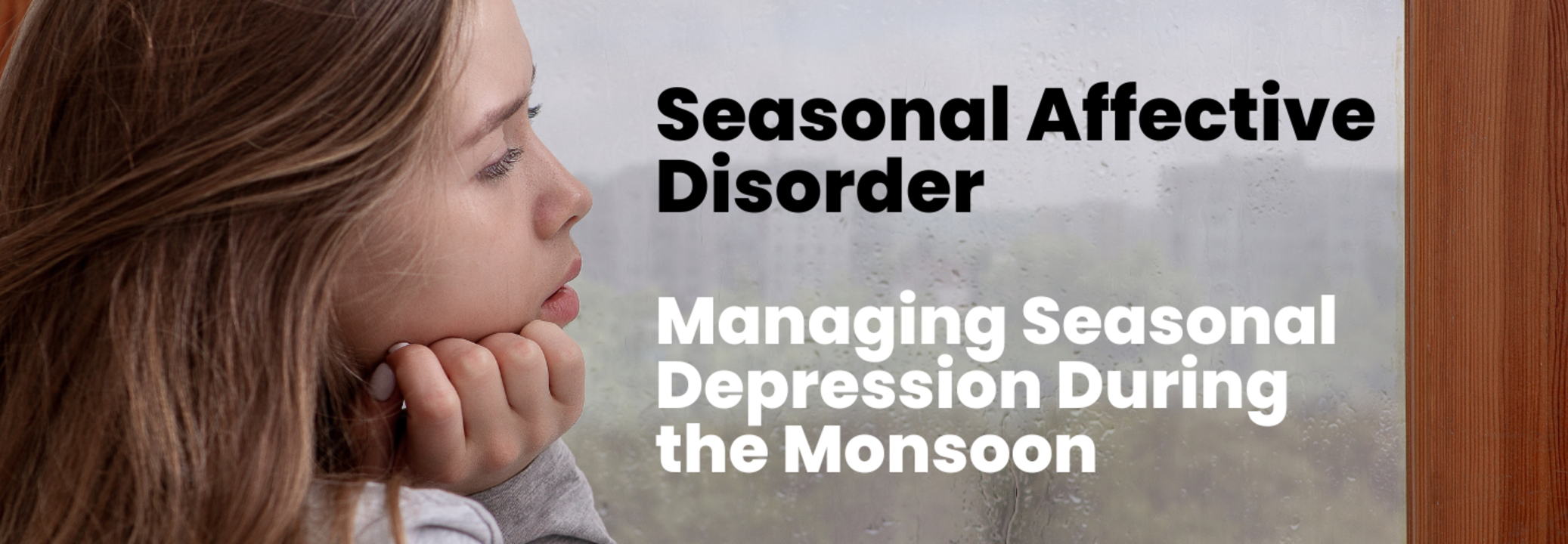Seasonal Depression Is Real: Expert Tells What Are The Best Ways To Deal With It

Monsoon Depression (Credit-Freepik)
SummaryMany people are quick to dismiss the claim of seasonal depression, while their concerns are understandable, it is in fact, a real mental health issue. Here is what you need to know.
End of Article
